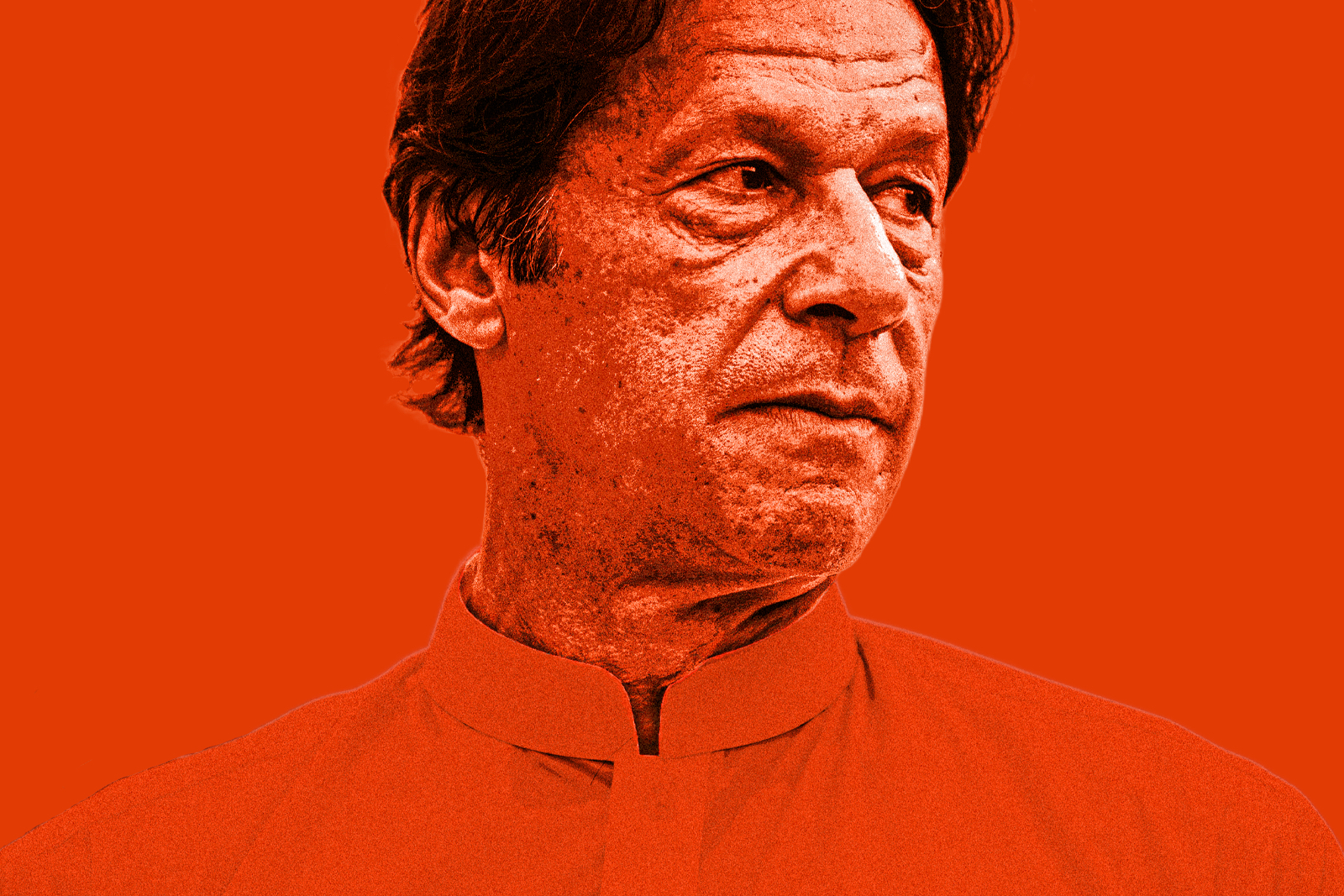
Pakistan’s Military Needs a ‘Come-to-Jesus’ Moment
Imran Khan’s ouster as prime minister in April led to an unprecedented backlash against the country’s military. People are now openly expressing anti-military sentiments on the streets after Khan, the head of Pakistan Tehreek-e-Insaf, directly accused the country’s institutions of carrying out a failed assassination attempt that ended with Khan being shot in the leg.
In rallies across Pakistan, protesters have raised slogans in support of Khan and against the military. Earlier this month, hundreds of Khan supporters gathered in front of a military commander’s home chanting anti-military slogans. This unprecedented public backlash would have been unheard of just a few years ago.
Anti-military sentiments are rapidly spreading across Pakistan. On social media, Pakistanis have voiced their opposition to the military, despite the threat of arrest. This is an alarming situation for the all-powerful military. Because Pakistan is a praetorian state, the military has performed a praetorian type of role during most of Pakistan’s history. This is evident in the fact that since Pakistan’s founding in 1947, no prime minister has ever completed an entire five-year term, and generals have directly ruled the country on several occasions.
Khan’s core base of support comes from the urban middle class. The military sees itself as Pakistan’s only non-feudal, non-dynastic, and quintessentially middle-class organization and historically was always popular in this section of society. It wouldn’t be an exaggeration to suggest that Imran Khan is the first politician in the history of Pakistan to have quite a significant following from within the military itself.
Khan’s single biggest political achievement, in or out of office, is that he has been able to portray the upper echelons of the military as power-hungry generals. Pakistan’s institutions have always pushed the narrative that most of the political class are corrupt and are solely responsible for all the hardships faced by the country and that the military is the only institution that can bring order and ensure stability.
But the fact of the matter is that long periods of military rule have deeply fractured the country. It’s now just a matter of time before Pakistanis lose faith in the military and consider it just another political organization.
The military has said numerous times that they are neutral and want to be apolitical. During a joint press conference with both the head of the Inter-Services Intelligence and its public relations arm, they stressed that the military would remain apolitical. However, despite their claims, the military remains the most powerful political force in the country. Its stepping back from politics appears tactical and doesn’t signify a complete abdication. It is more a matter of changing alignment. With the increasing political and social polarisation in the country, the balance of power still remains with the military.
Pakistanis are losing patience due to rising inflation, misgovernance, and political instability and are in no mood to tolerate any kind of political arrangement which doesn’t consider the people’s will. The political victories of Khan’s party in local elections in Karachi and Punjab have been seen as a litmus test for the national mood. Additionally, the pressure tactics used by the establishment on Imran Khan have made him more popular than ever.
It is important to point out that Khan’s large support base comes from Punjab which is also where the military has a significant presence. It is one thing for the military to massacre people in Balochistan or butcher Bengalis, but it is quite another to do the same in Punjab. This makes it very difficult for the military to use force against Khan or his supporters.
This would be a perfect time for a ‘come-to-Jesus’ moment for the country’s military and they might want to lay low in their barracks for a while. Otherwise, they potentially could see what little support they have left further eroded.
